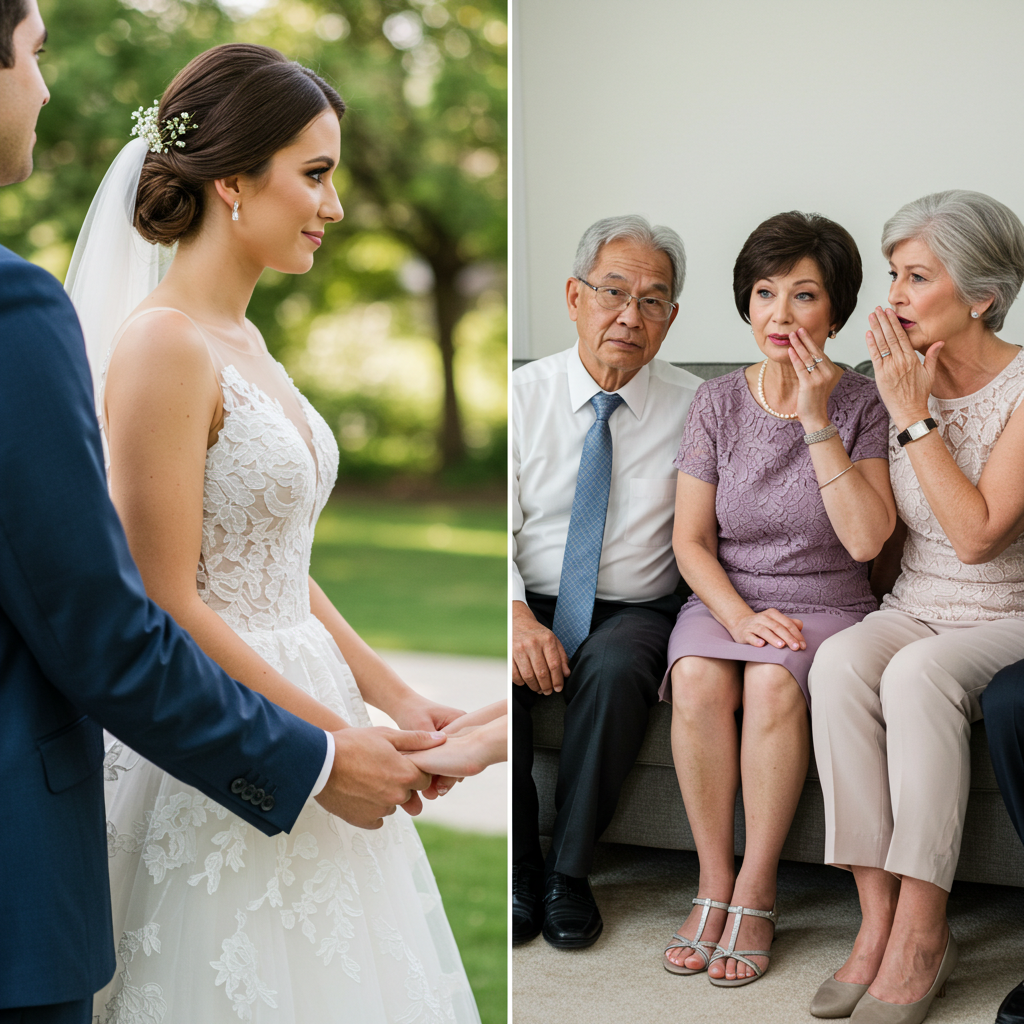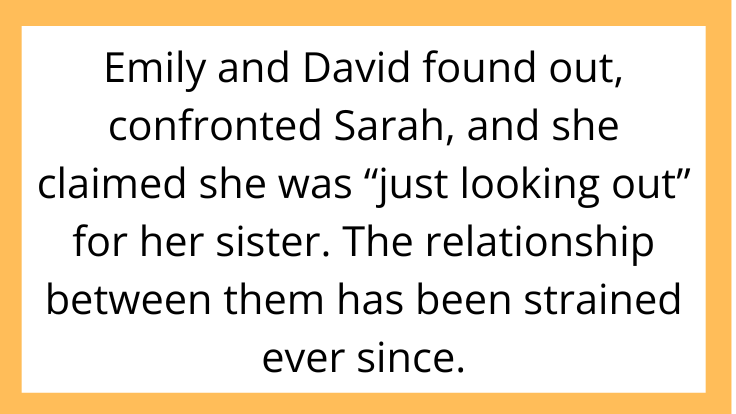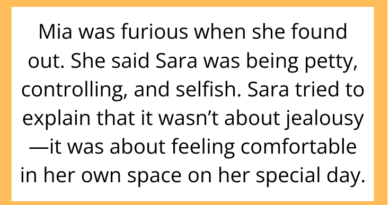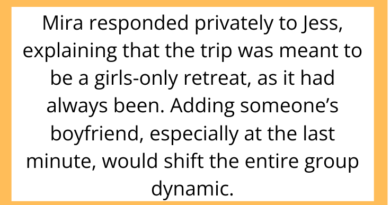AITAH for Not Inviting My Sister to My Wedding After She Tried to Sabotage My Relationship?
When it comes to weddings, everyone wants their big day to be perfect. But what happens when a close family member threatens to ruin that happiness—and you have to decide whether to include them in your celebration? In today’s AITAH scenario, we’re diving into a story that sparked thousands of heated comments online.
The Background: A Sister’s Secret Agenda

The original poster—let’s call her Emily—shared that she’s 28 and recently got engaged to her fiancé, David. They’ve been together for five years and planned a small, intimate wedding with only their closest friends and family.
Emily’s older sister, Sarah, has never liked David. According to Emily, Sarah believes David isn’t “good enough” and has repeatedly tried to convince Emily to leave him. Last year, Sarah even went so far as to contact David’s ex-girlfriend to dig up dirt that could end the engagement.
Emily and David found out, confronted Sarah, and she claimed she was “just looking out” for her sister. The relationship between them has been strained ever since.
The Breaking Point: The Wedding Invitation

When Emily and David sent out their wedding invitations, Sarah didn’t get one.
Instead, Emily wrote her a letter explaining that after everything Sarah had done—especially trying to sabotage the relationship—she no longer felt comfortable including her in such an important day.
Sarah was furious. She called Emily selfish, immature, and claimed she was tearing the family apart over “one little mistake.” Their parents sided with Sarah, insisting Emily should let bygones be bygones for the sake of family unity.
Feeling overwhelmed and conflicted, Emily turned to Reddit to ask: AITAH for not inviting my sister to my wedding?
Family Ties vs. Personal Boundaries

Why Emily Might Be Justified
Trust is the foundation of any relationship. When a sibling actively tries to break up your engagement, it’s not just meddling—it’s betrayal. Many commenters agreed that Emily had every right to protect her peace on her wedding day.
As one Reddit user put it: “Your wedding is about celebrating your love, not accommodating someone who tried to destroy it.”
Others pointed out that this wasn’t a one-time lapse in judgment. Sarah’s behavior was part of a pattern of disrespect and interference. Inviting her could open the door to more drama.
Why Sarah Thinks She’s Right
From Sarah’s perspective, she was only trying to protect her sister. She may genuinely believe that David isn’t trustworthy and that her actions, however misguided, came from a place of love.
Some families have an unspoken rule that no matter how badly someone messes up, you stick together during big milestones. To Sarah—and perhaps their parents—excluding her from the wedding feels like an extreme punishment.
Reddit’s Verdict: Mostly on Emily’s Side

The AITAH community overwhelmingly supported Emily’s decision.
“You don’t owe anyone access to your wedding,” one commenter wrote. “Especially someone who tried to blow up your relationship.”
Another popular comment said: “Family loyalty doesn’t mean tolerating toxic behavior.”
Still, a handful of users suggested Emily consider a compromise, like inviting Sarah under clear conditions, to avoid long-term rifts.
The Bigger Issue: When Family Crosses the Line

This story resonates because so many people have faced a similar dilemma: How far should you go to keep the peace with family? And at what point does preserving your own well-being come first?
Weddings can magnify every unresolved conflict. What might have been tolerated at a family dinner suddenly feels intolerable on a day meant to celebrate love and commitment.
What Emily Could Do Next
If Emily wants to maintain any relationship with her sister, she could consider:
-
Having a calm conversation to explain her feelings in detail.
-
Offering to reconnect after the wedding, when emotions aren’t running so high.
-
Working with a neutral family mediator to rebuild trust, if that’s important to her.
But if she feels that Sarah’s actions crossed a line she can’t forgive, it’s also okay to hold her ground.
The Takeaway: You’re Not Always the Villain for Protecting Your Happiness

This AITAH scenario highlights a hard truth: sometimes, the people closest to us can also hurt us the most. Setting boundaries isn’t cruel—it’s necessary.
Choosing who gets to share in your happiest moments is one of the most personal decisions you can make. If someone has shown, repeatedly, that they don’t respect you or your relationship, you have every right to exclude them.



